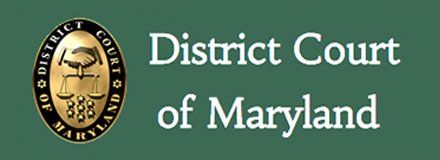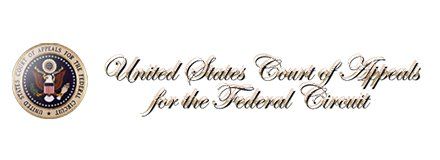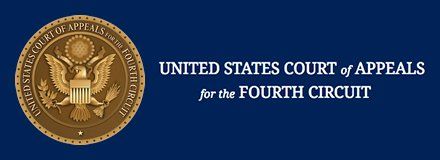PRACTICE AREAS
BLOG CATEGORIES
ASSOCIATIONS
What Are the Three Elements of an Estate Plan?
Understanding Estate Planning: A Comprehensive Guide

Estate planning, often referred to as end-of-life planning, is a crucial process that involves making formal arrangements for the distribution of your assets after your passing. This is a vital step in ensuring that the fruits of your life's work are passed on according to your wishes, rather than being left to default legal processes or causing familial disputes in already challenging times.
Estate plans vary in size and complexity, but typically include three key elements:
- Will or Trust: These documents are central to estate planning. Both wills and trusts let you specify your beneficiaries, but they operate differently. A will comes into effect posthumously, distributing your assets as per your instructions. A trust, on the other hand, is an active legal entity during your lifetime, managing and distributing your assets according to the set terms.
- Powers of Attorney: This legal document authorizes another individual to make important decisions on your behalf. There are two types: financial and medical. A financial power of attorney handles your financial matters if you're incapacitated, while a medical power of attorney makes healthcare decisions for you under similar circumstances.
- Beneficiary Designations: These are essential, especially for assets not covered by wills or trusts, like life insurance policies and retirement accounts. Beneficiary designations can supersede wills or trusts, as these assets often bypass the probate process.
When choosing beneficiaries, ensure they are legally adult, understand the estate planning process, have the mental capacity to make informed decisions, can communicate their wishes effectively, and maintain a positive relationship with the person selecting them.
Frequently Asked Questions About Estate Planning
Q: What are the three main goals of an estate plan? A: The primary objectives are ensuring your assets are distributed as you wish, delegating decision-making authority if you're incapacitated, and clearly defining your beneficiaries to prevent legal or familial disputes.
Q: What are common estate planning mistakes? A: Common errors include not properly funding trusts, leading to insufficient asset coverage, and failing to update plans in response to life changes like marriage, divorce, or childbirth, potentially leading to unintended asset distribution.
Q: How do I choose an effective estate planning attorney? A: Look for experience in relevant legal areas, clear and responsive communication, transparent fee structures, and a sense of trust and comfort in your interactions.
Q: What assets are typically included in an estate plan? A: Commonly included assets are real estate, personal property (like jewelry or furniture), financial investments (stocks, bonds, mutual funds), life insurance policies, family businesses, and valuable collections.
This guide provides an overview for those beginning their estate planning journey, emphasizing the importance of thoughtful preparation to ensure your legacy is preserved and passed on as you intend.
Please visit our website and click on the Contact tab to send a message. Please write “Estate Plan” in the “How can we help” form.








